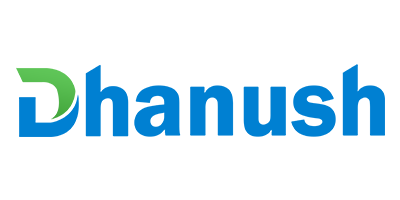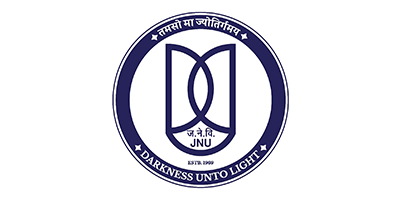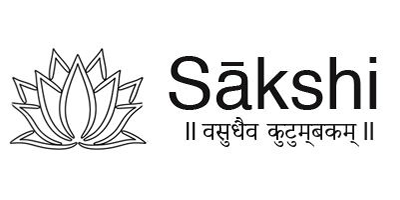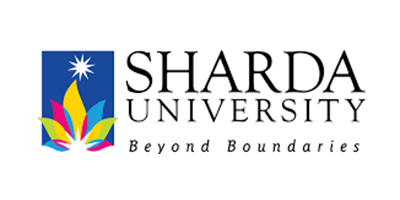Vanvasi Kalyan Ashram (VKA)
Vanvasi Kalyan Ashram (VKA) is a dedicated non-profit organization committed to the comprehensive development and upliftment of tribal communities (Vanvasi) across India. Established in 1952 in Jashpur, Madhya Pradesh, by Ramakant Keshav (Balasaheb Deshpande) with inspiration from Thakkar Bappa, VKA has expanded its outreach across 447 tribal districts, covering 52,323 villages and managing over 20,000 projects nationwide. The organization works in multiple domains, including education, healthcare, economic development, and cultural preservation, to integrate tribal communities into the national mainstream while respecting unique cultural heritage.
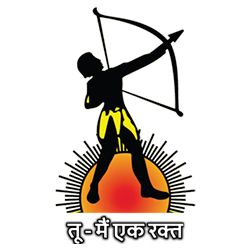
Background
Vanvasis constitute approximately 10% of India’s total population and are spread across almost all states and Union Territories. In Maharashtra alone, there are 73.18 lakh Vanvasis belonging to 47 different scheduled tribes, such as Bhil, Gond Madia, Katkari, Oraon, and Warli. These communities maintain distinct identities through dress, dialect, folklore, customs, and religious traditions. However, socio-economic conditions remain challenging, with high levels of poverty, illiteracy, and limited access to healthcare. Historically stigmatized and marginalized, Vanvasis face systemic challenges in gaining access to essential services and opportunities.
Recognizing this, VKA was initiated to bridge the gap between the Vanvasi and mainstream Hindu communities, fostering mutual respect, cultural integration, and sustainable development.
Reach
Since 1978-80, VKA has expanded its operations to every state with a significant Vanvasi population. Its core principle is involving Vanvasis in own development, ensuring that nearly half of its volunteers come from tribal backgrounds. Students, working professionals, and retirees contribute to various VKA projects aimed at education, healthcare, agriculture, sports, and spiritual awareness.
In Maharashtra, VKA formally established itself in 1979 as a public trust. Currently, the organization operates:
- 18 hostels for tribal children.
- 3 schools and 3 nurseries (Balwadis).
- 113 agricultural development centers.
- 5 dispensaries and 54 spiritual congregation centers.
- 804 projects across the state.
- 500+ projects implemented through full-time volunteers.
- Presence in 2,000 out of 5,600 tribal villages and hamlets in Maharashtra.
Vision & Mission
VKA aims to eliminate societal barriers between Vanvasis and the broader Hindu community, fostering a sense of belonging and mutual respect. By providing access to education, healthcare, and livelihood opportunities, VKA strives to empower Vanvasis while preserving rich cultural traditions. The organization believes in a two-way integration—helping Vanvasis join the national mainstream and simultaneously educating urban societies about the tribal way of life, ensuring a symbiotic coexistence.
Key Initiatives and Projects
VKA’s projects are categorized into different domains known as Aayams, addressing various aspects of tribal development:
1. Chhatrawas (Hostels)
Hostels serve as the cornerstone of VKA’s efforts, providing tribal children with access to quality education and leadership training. Thousands of alumni from these hostels have emerged as community leaders, working towards the betterment of own tribes.
2. Education
Recognizing the role of education in socioeconomic progress, VKA runs numerous educational initiatives, including:
- 49 secondary and higher secondary schools.
- 162 primary schools.
- 1,904 Ekal Vidyalayas.
- Adult education centers and libraries.
3. Healthcare
Due to the scarcity of medical facilities in tribal regions, VKA operates:
- 30 daily clinics and 128 weekly clinics.
- 6 hospitals.
- 541 medical camps, benefiting approximately 398,400 people.
Additionally, trained Arogya Rakshaks (community health workers) provide basic healthcare and first aid in villages.
4. Khelkood (Sports Development)
Under the Eklavya Khel Kood Programme, VKA promotes traditional and modern sports among tribal youth, harnessing athletic potential. While resources for advanced coaching remain limited, VKA’s grassroots efforts aim to identify and nurture sports talent within tribal communities.
5. Gram Vikas (Village Development)
Recognizing that national progress requires rural empowerment, VKA’s Gram Vikas program focuses on comprehensive village development through self-sufficiency, agricultural growth, and community-driven initiatives.
6. Shraddha Jagrana (Spiritual Awareness)
VKA fosters spiritual consciousness through 5,729 congregation centers, along with regular Satsangs and Bhajani Mandals, reinforcing the cultural and spiritual identity of Vanvasis.
7. Preservation of Tribal Culture
VKA upholds and promotes tribal heritage by encouraging Vanvasis to take pride in traditions, customs, and faith. The organization facilitates cultural documentation, awareness campaigns, and festivals to celebrate indigenous art forms and beliefs.
8. Hitaraksha (Legal and Social Awareness)
Tribal communities often face exploitation due to illiteracy and lack of legal awareness. VKA conducts workshops, awareness programs, and advocacy initiatives to educate Vanvasis about legal rights, government benefits, and social justice mechanisms. If necessary, agitations and legal interventions are undertaken to protect tribal rights.
Impact in Maharashtra
VKA’s work in Maharashtra has significantly transformed the lives of thousands of tribal families. Some of its major contributions include:
- Education and accommodation For thousands of tribal students through hostels and schools.
- Improved healthcare access Through dispensaries, medical camps, and mobile clinics.
- Agricultural support Through self-help groups and skill training centers.
- Revitalization of tribal sports and cultural practices.
- Creation of economic opportunities Through vocational training and microfinance projects.
Vanvasi Kalyan Ashram is committed to the holistic development of tribal communities across India. Through a wide array of initiatives spanning education, healthcare, economic empowerment, and cultural preservation, VKA seeks to bridge social divides while fostering an environment of mutual respect and growth. With dedicated volunteers and a strong grassroots presence, VKA continues to work towards its mission of integrating Vanvasis into mainstream society while preserving unique heritage and traditions.
